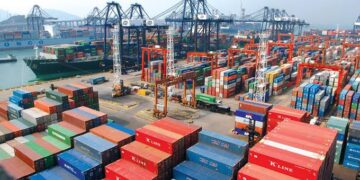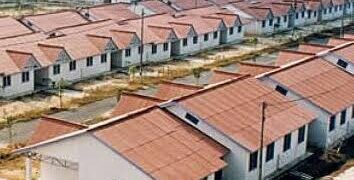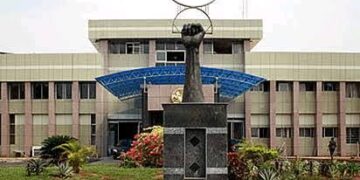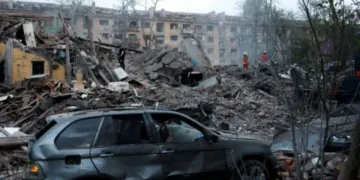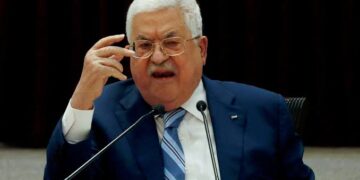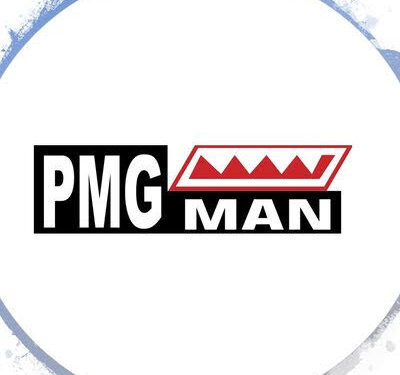The Pharmaceutical Manufacturers Group of the Manufacturers Association of Nigeria (PMG-MAN) on Sunday bemoaned the paucity of foreign exchange in the country, saying it had negatively affected the local pharmaceutical industry.
They attributed fluctuations in forex to some pharmaceutical multinationals’ exit from Nigeria. The group raised the concerns at a news conference in Lagos on the forthcoming seventh edition of the Nigeria Pharma Manufacturers Expo (NPME), billed for September 4 and 5.
Some multinational pharmaceutical companies, including GlaxoSmithKline and Sanofi Nigeria Ltd, have exited the country within the past year.
GlaxoSmithKline (GSK) discontinued operations in Nigeria in August 2023, ending its 51-year existence there, while French pharmaceutical manufacturing company Sanofi exited Nigeria in November.
The chairman of the local organising committee of NPME 2024, Patrick Ajah, said for the domestic pharmaceutical industry to progress, a stable exchange rate was essential.
Mr Ajah, a pharmacist and the managing director of May & Baker, said many companies are also on standby to implement and remove the recently announced Executive Order.
On June 29, President Bola Tinubu signed an Executive Order removing tariffs and value-added tax (VAT) on pharma imports. The order introduces zero tariffs, excise duties, and VAT on specialised machinery, equipment and pharmaceutical raw materials to bolster local production of essential healthcare products.
According to him, Nigeria can produce 70 per cent of the medicines it consumes with the right support. Citing India as an example, he said that the country supported its domestic pharmaceutical industry, and today, India is notable for drug manufacturing.
Mr Ajah asserted that Nigeria had the capacity for local production of diverse drugs but that many companies lacked the financial resources to invest in new facilities or upgrade existing ones.
According to him, the recent devaluation of the naira worsened the challenge. He called for a reduction in interest rates, saying that the current rates, which are as high as 30 per cent, present a major barrier to investment in the industry.
Frank Muonemeh, the executive secretary of PMG-MAN, asserted that local pharma manufacturers were currently producing 40 per cent of the medicines used in the country.
He, however, urged for partnerships between governments and local companies, similar to what was given to other industries such as cement manufacturing and petroleum.
Mr Muonemeh stressed that a strong domestic pharmaceutical industry would strengthen national security. Also, citing the example of India’s drug production scenario, he said the country prioritised its domestic industry during the COVID-19 pandemic and advised the federal government to take a related approach.
He said the ambitious goal of the expo was to drive Nigeria toward self-sufficiency and medicine security, aiming to reverse the country’s dependency on imported medicine.
According to him, beyond overcoming barriers to access to medicine, the PMG-MAN members significantly contribute to national development by providing jobs, paying taxes, and more.
(NAN)




